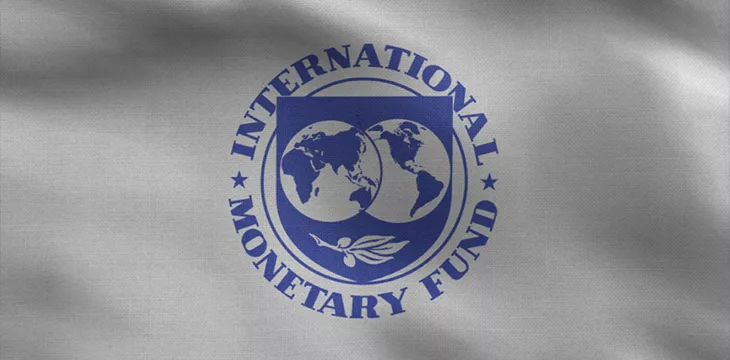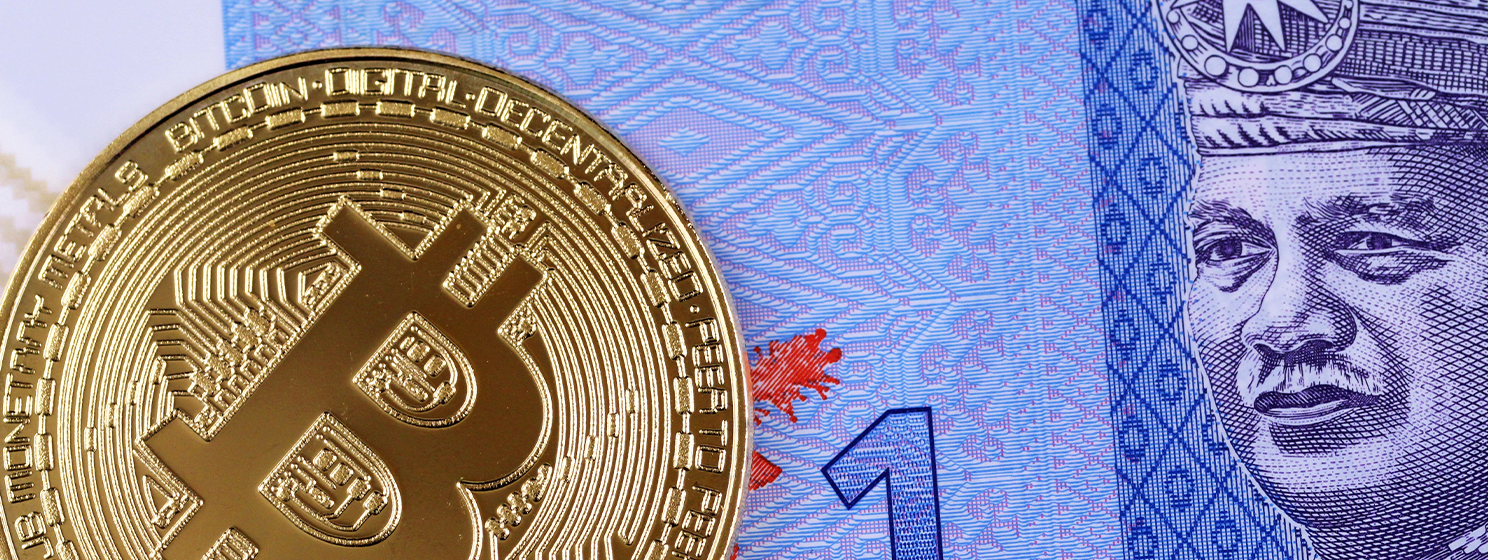|
Getting your Trinity Audio player ready...
|
The International Monetary Fund (IMF) has been a major player in advising countries on policies related to CBDCs, digital currencies, and blockchain while at the same time observing initiatives like mBridge.
So far, the IMF has advised 30 countries on these and other issues, but its latest report says doing so is stretching it thin. With a flat budget in real terms, the IMF simply can’t keep up with advising in newer policy areas, including governance, social spending, gender, climate change, and digital currencies.
While CBDC opponents may see this as a good thing, the IMF is primarily worried about its ability to provide sound, quality policy advice. It has suggested it may reduce its output frequency, provide lighter analysis, and provide general rather than detailed policy advice. It may also refer some of the world to other international financial institutions.
What CBDCs have the IMF advised on so far?
Digging into the details, it’s clear that the IMF has played a central role in the development of CBDCs and national digital currencies. It has advised several Caribbean countries, including the Bahamas (Sand Dollar), China (digital yuan), France and the ECB (digital euro), Nigeria (eNaira), and several other European, African, and South American countries exploring or designing CBDCs.
While CBDCs are a divisive subject, it’s clear that several of these nations have launched successful ones and are ahead of the pack. Advisors must have the necessary resources to ensure that, since CBDCs appear to be coming whether we like them or not, they are designed well with privacy in mind and implemented correctly.
Why are CBDCs so divisive?
In some developing countries, such as Nigeria and Indonesia, CBDCs are broadly seen as positive and are embraced for their benefits, such as faster, cheaper payments and increased financial inclusion.
However, in more developed nations like the USA and Germany, they are either poorly understood or opinions are divided. The chief concerns about them are privacy and government control over money. These concerns are especially prevalent in nations with strong values around liberty and limited government power.
In reality, CBDCs have both benefits and drawbacks. Being able to download a digital wallet to transact will promote financial inclusion, reduce friction in payments, save on costs, and encourage trade, and central banks will have the ability to target and stimulate specific areas and industries directly. On the other hand, CBDCs could draw money out of the banking system, causing a credit contraction, and they could lead to a Big Brother state where transactions are monitored and censored by authorities.
In any case, it’s clear that CBDCs are coming. Projects like mBridge are being developed so that central banks can transact with them easily, and almost every country of significance is either creating a digital currency or has already launched one.
To learn more about central bank digital currencies and some of the design decisions that need to be considered when creating and launching it, read nChain’s CBDC playbook.
Watch: Calvin Ayre is all in on Metanet—the game-changing fusion of enterprise blockchain, AI & IPv6

 02-21-2026
02-21-2026 




